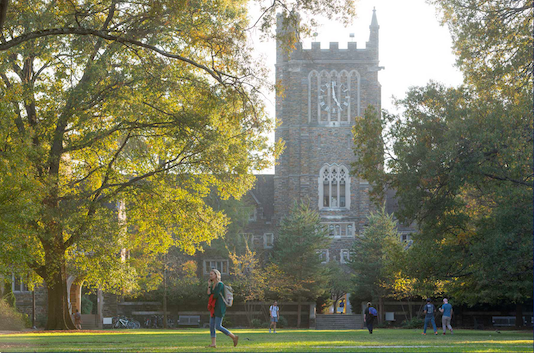Thermodynamic balancing acts in self-assembly at interfaces

Interfaces can direct the self-assembly of materials in unique ways that leverage new and often competing thermodynamic driving forces not found in the bulk. We use molecular simulations and theory to identify relevant interaction forces and then systematic design strategies for two such classes of materials. In the first part of the talk, we examine self-assembly as route to chiral surfaces made from achiral molecules. We show that a surprisingly simple mechanism, based only on excluded volume interactions, can drive achiral particles into chiral materials. The mechanism quantitatively explains recent experimental results, predicts new chiral-prone shapes, and suggests a way that chiral structures might emerge in nature. In the second part, we show that polymers can modulate the folding of proteins attached to an interface in ways distinct from bulk. Simulations reveal that conjugating a polymer to a model protein sometimes stabilizes and sometimes destabilizes the native helical fold, in an apparent non-intuitive manner depending on the precise attachment point. We show that these unexpected results are actually well-understood in terms of a simple theory that accounts for the entropy of the polymer near an impenetrable surface.







